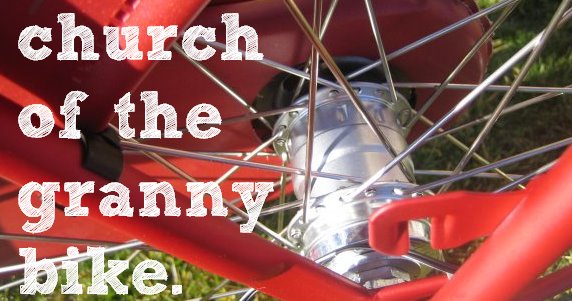Saturday we made our second trip to the prison. We went on Wednesday. It was an intense day-- there is nothing like waiting for two hours because the prison is on lockdown. Nothing like realizing that you are beyond the walls-- walls that our government built to keep these people in, to keep people like me out. Nothing like seeing the desperate hunger for knowledge and the many ways that knowledge liberates. Nothing like coming to know changed hearts that want change in the world. We met lifers and men who had three or six years left on their sentences. Men who give their 40 cents to 2 dollar an hour wages to scholarship programs for the children of other incarcerated men. Men who will be forever be defined by the worst thing they ever did. Men who came into the prison as children and will probably die there.
So when we had made our way along the winding country roads to the prison, our hearts were heavy. We had learned a lot in our training and we were coming to the prison to learn yet more from the men who were training us inside. When our car turned the corner, the first thing I noticed was the fog. The prison silhouette loomed large. And then I looked a little closer- and I saw people dancing.
In one of the cars, some women had fallen asleep on the drive out. The other women in the car turned up the music really loud to wake them up. The doors flew open and they began to dance. With each car in the caravan rolling in, people spilled out and joined this parking lot soiree. I did too.
our cheesy, unlikely anthem
The rules that govern prison parking lots are restrictive- you are told where to park, no pictures or videos, you come in as few cars as possible. You can't have maps laying out when you go in. As we danced, I could see a guard stepping out of the tower to watch, backlit by sun and fog. A truck with a correctional officer in it circled the parking lot. It dawned on me that this was very, very subversive. It was the most radical thing I had ever been a part of.
But in spite of the surveillance, and maybe because of it, we danced for the whole song. We danced because we know we are free. We danced because we needed strength to go into that milieu to do our best work. We danced because the kind of people that want to teach in prison are the kind of people who dance in parking lots. We danced because we believe we can make walls come down.
We went into the prison that day knowing that we had just experienced something that had defined us as a group, something that we would return to as we spread out to fill our different missions across the United States and Canada. What we do is sobering and hard work, and I came away with a greater appreciation that my heart and my spirit will always need to be in the right place for me to do the work effectively. We had a beautiful day in the prison as we communed with intelligent people who believe in the power of our program. It was hard to say goodbye because it is hard knowing that human beings are kept in cells. It is hard knowing, really knowing, that you are free and others are not.
We did not dance when we left.
